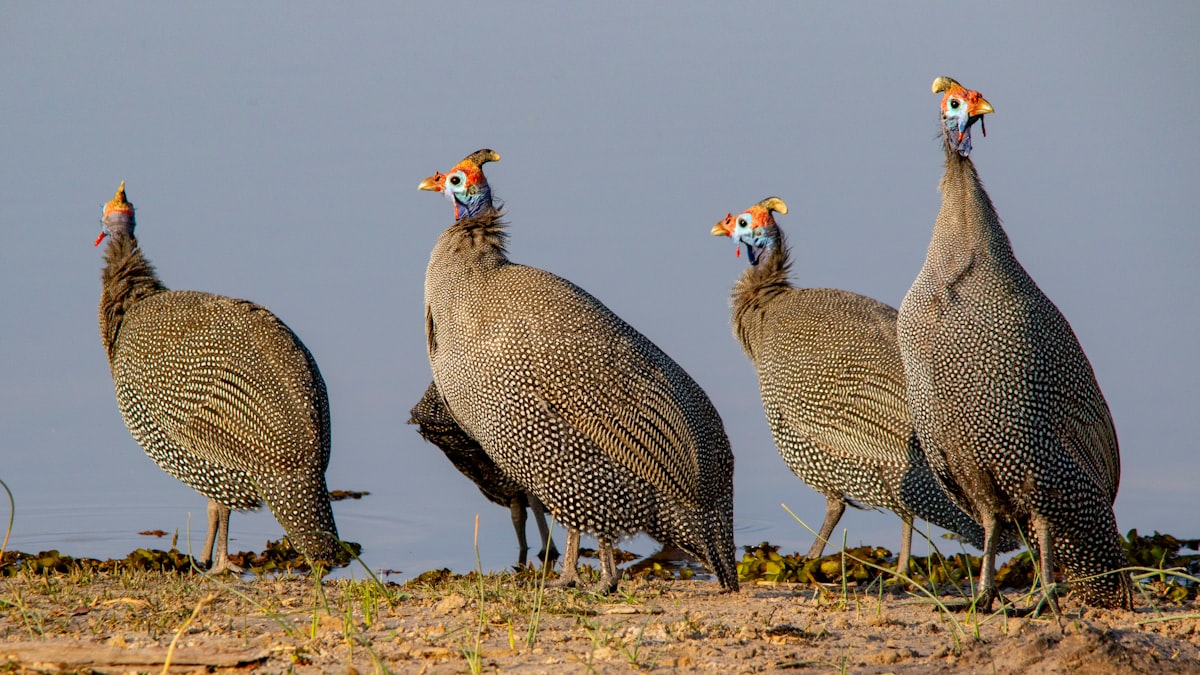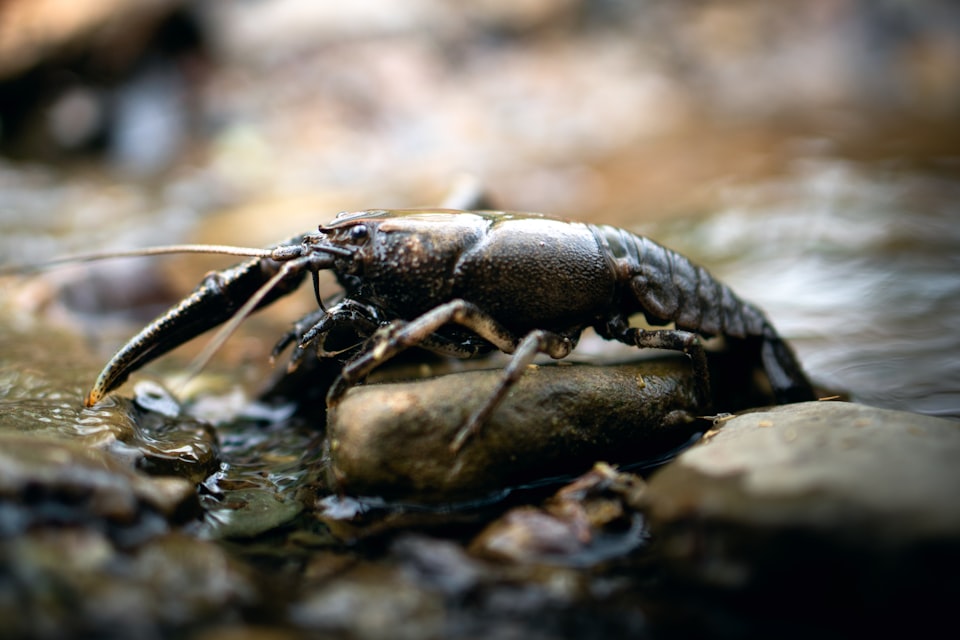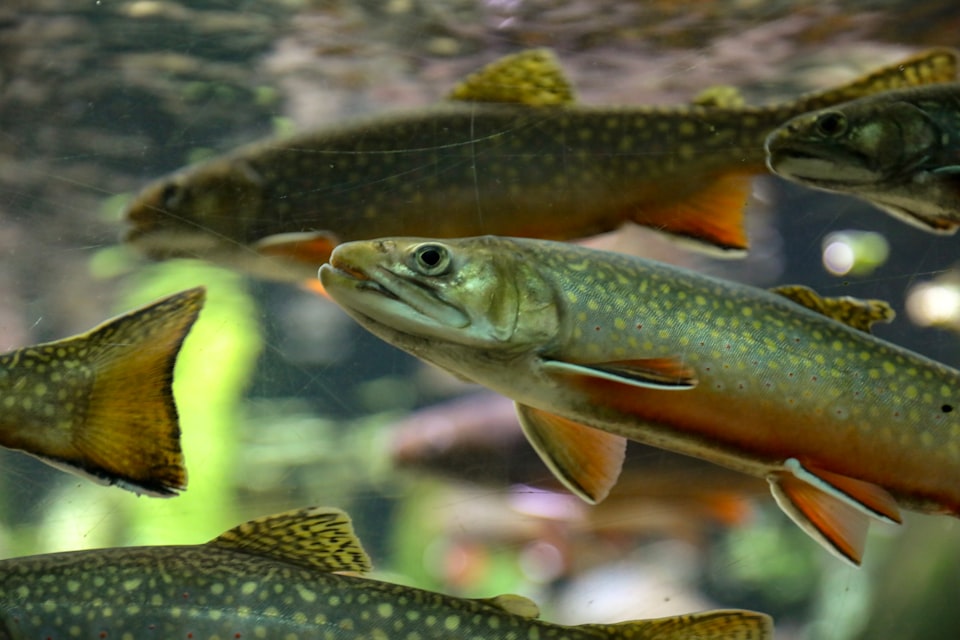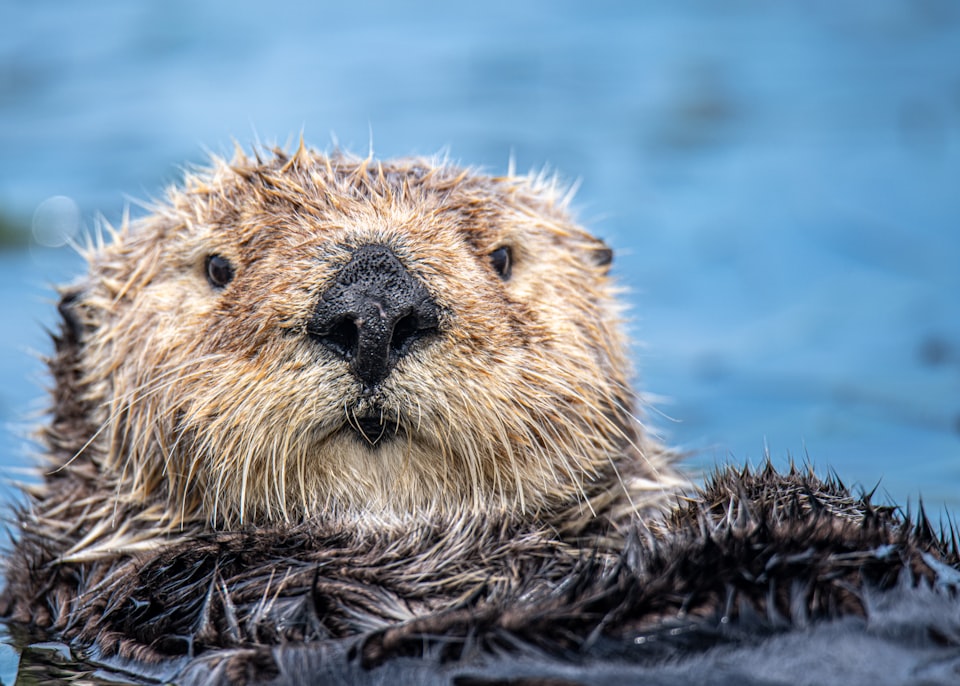V: Guineafowl
The reason why the word guinea circled the globe.

Good morning. Today is quintidi, the 25th of Messidor, Year CCXXXI. We celebrate la pintade, a big old partridge that gives chicken a run for its money.
💡
Crested guineafowl have been (lightly) domesticated throughout North America and Europe as an exotic homesteading bird to raise alongside chickens, but their native habitat is the equatorial band of Africa, with a particular concentration along the eastern coast below the horn. They travel in flocks that will sometimes include other foraging birds, and are known for following monkey troops that travel in the tree canopies, picking up dropped fruits and foraging through the monkey manure for seeds and undigested scraps. To evade brush fires and predators, they have the ability to perform sustained flight, which makes their breast meat dark and rich, more similar to turkey leg than chicken breast.
The word guinea has floated around the globe with no fixed meaning, and even a bit of shine lost from its implied meaning. What is a guinea? Why are so many countries and animals named for it? This would be a short fact if there were definite answers to the question, but part of the etymology of the word is cloaked in mystery, and the intended meaning of the word has been papered over to avoid or ignore its very dark past.



